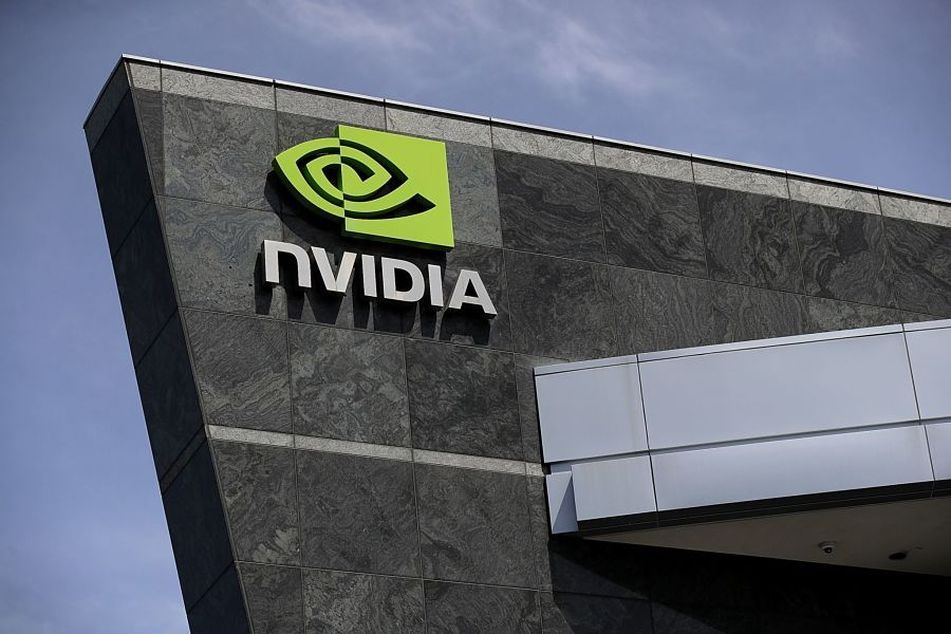ERISA lawsuit filed against Nvidia; suit against Cornell settled

Law firm Capozzi Adler filed its latest 401(k) suit and Schlichter Bogard & Denton reached a deal in a case against an Ivy League school
Technology company Nvidia Corp. is facing a lawsuit over its 401(k) plan, which plaintiffs allege had higher than necessary investment management fees.
The complaint filed Aug. 28 in U.S. District Court in Northern California by law firm Capozzi Adler is similar to one the firm recently brought against B. Braun Medical. In both cases, the plaintiffs allege that the plan sponsor did not opt for the lowest-cost share classes of available investments or consider less expensive investments from different providers. And both cases both point to a shift in the plans’ target-date series from T. Rowe Price mutual funds to collective investment trusts managed by that company.
That change, which occurred in 2008, “was too little, too late, as the damages suffered by plan participants to that point had already been baked in,” the complaint states, echoing the language in the Aug. 26 complaint against B. Braun Medical. The cases both allege breaches of fiduciary duties of loyalty and prudence and a failure to monitor fiduciaries.
Pennsylvania law firm Capozzi Adler has filed dozens of excessive-fee 401(k) cases on behalf of clients this year, by far more than another other litigator, according to a recent analysis by Bloomberg Law.
The Nvidia plan represented more than $1 billion in assets as of the end of 2018, with about 7,300 participants, according to data from the Department of Labor.
Nvidia declined to comment on the lawsuit.
ANOTHER CASE SETTLED
A long-running case involving Cornell University’s 403(b) plan has been settled, according to a court filing Tuesday.
That lawsuit, one of many brought against colleges and universities by law firm Schlichter Bogard & Denton, was slated for a jury trial beginning Sept. 29. The terms of the settlement were not yet disclosed.
The case had one remaining claim that survived summary judgment, that the plan’s retention of TIAA-CREF Lifecycle target-date funds was allegedly imprudent. In September 2019, the judge overseeing the case granted summary judgment for Cornell on all other counts.
In an amended complaint filed in 2017, the plaintiffs in the class-action lawsuit brought eight claims calling out alleged breach of fiduciary duties, prohibited transactions, unreasonable administrative fees, unreasonable investment management fees and failure to monitor fiduciaries.
Schlichter has reached massive settlements with other elite colleges and universities over their defined-contribution plans, including an $18 million settlement with MIT, $14.5 million agreement with Vanderbilt University, a deal of more than $10 million with Duke University and a nearly $17 million settlement with Emory University.
Learn more about reprints and licensing for this article.








